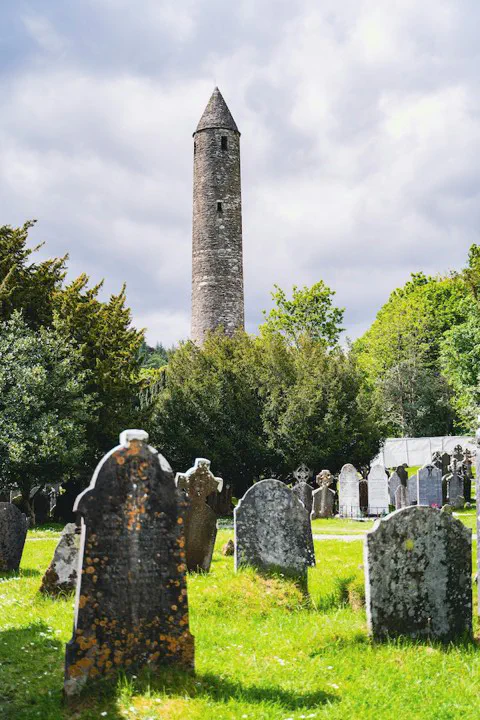- January 1, 1
The Peoples Charter, drafted in 1838 by William Lovett, was at the heart of a radical campaign for parliamentary reform of the inequities remaining after the Reform Act of 1832. The Chartists six main demands were:
votes for all men;
equal electoral districts;
abolition of the requirement that Members of Parliament be property owners;
payment for M.P.s;
annual general elections; and
the secret ballot.
Chartism was a national movement. Working people such as weavers, shoemakers, tailors, carpenters had proclaimed themselves as Chartists. The authorities had viewed this campaign with great concern, and some of the propertied classes had come to believe that the Chartists intended revolution, even though the Movements leaders always emphasized their commitment to peaceful protest.
The Chartists obtained one and a quarter million signatures and presented the Charter to the House of Commons in 1839, where it was rejected by a vote of 235 to 46. Many of the leaders of the movement, having threatened to call a general strike, were arrested. When demonstrators, led by John Frost and others, marched on the prison at Newport, Monmouthshire, Wales, demanding the release of their leaders, British troops opened fire, killing 22 and wounding 40 more. This was one of the most serious uprisings in British history. John Frost was transported after leading a rising in Newport, in November 1839. Robert Peddie was sentenced to three years with hard labour after his involvement in an attempted Chartist rising in Bradford in January 1840.
A second petition with 3 million signatures was rejected in 1842; the rejection of the third petition in 1848 brought an end to the movement.

 ← Opening of the original Mitchell Library, Glasgow, now the largest public reference library in Europe.
← Opening of the original Mitchell Library, Glasgow, now the largest public reference library in Europe.